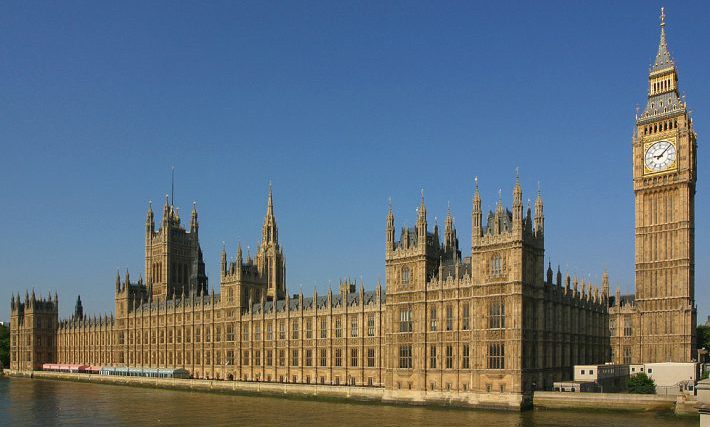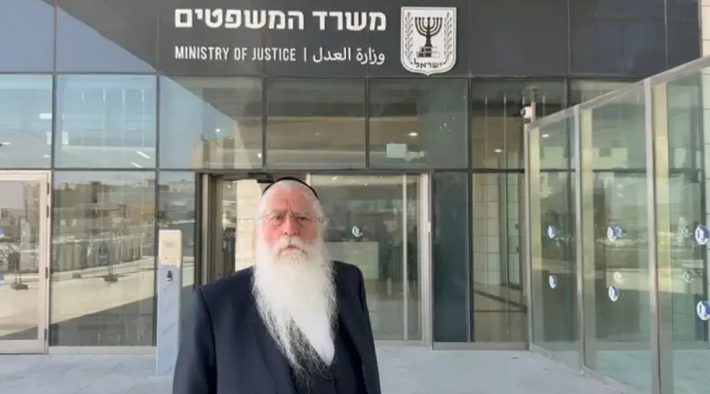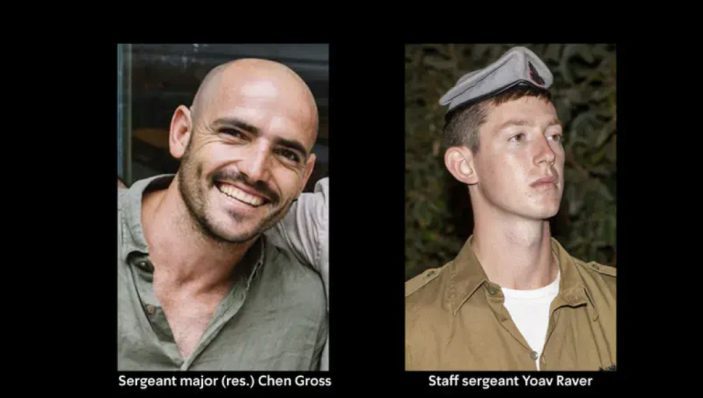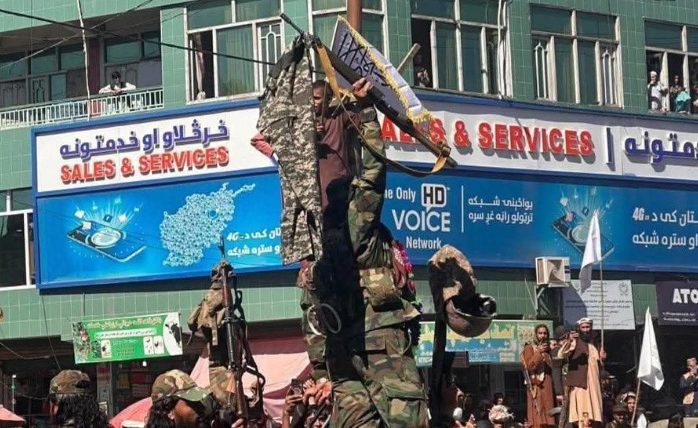British lawmaker Shockat Adam is facing backlash after describing the Israeli army’s reach as “blood-soaked tentacles” — rhetoric critics blasted as echoing Nazi-era antisemitic imagery.
LONDON — Independent MP Shockat Adam, a Malawi-born businessman and optometrist, has ignited outrage after using language widely condemned as antisemitic during a Parliament debate on Israel’s strike in Doha, Qatar.
“After having witnessed the Israeli army massacre over 60,000 people in Gaza, 19,000 of whom are children, the blood-soaked tentacles of the Israeli army are now reaching closer to home,” Adam said, citing the presence of his niece and her daughter near the site of the strike.
Critics: “Nazi Rhetoric in Parliament”
The phrase “tentacles” drew immediate backlash, given its long history in antisemitic propaganda, including Nazi depictions of Jews as octopuses controlling the world.
- Tomos Doran, Welsh commentator:
“If Adam has no idea of the historical significance of language like ‘blood-soaked tentacles,’ then he’s grotesquely ignorant. If he is aware, then he really is just a Nazi.”
- Josh Howie, Jewish commentator:
“Pretty sure this country, including my grandparents, fought a war so that Nazis didn’t end up in Parliament.”
Adam did not receive an immediate parliamentary rebuke, though the language echoed a 2010 controversy when MP Martin Linton spoke of the “long tentacles of Israel” before later apologizing.
Context: Herzog’s Visit and UK-Israel Tensions
The remarks came as Israeli President Isaac Herzog met with Prime Minister Keir Starmer in London. Adam criticized the meeting, urging Starmer to reject Herzog’s visa and calling Britain’s stance “complicity.”
“As Israel prepares a full-scale ground invasion of Gaza City, Starmer welcomes its president to Downing Street with open arms. History will judge this as the UK’s most shameful chapter,” Adam posted on X.
Starmer has pledged that Britain will recognize a Palestinian state at the UN General Assembly this month if Israel does not agree to a ceasefire. UK officials have also formally ruled out describing Israel’s Gaza campaign as genocide, inflaming anti-Israel critics.
After the London meeting, Herzog acknowledged “tough” discussions:
“Things were said that were tough and strong, and clearly we can argue, because when allies meet, they can argue. We are both democracies.”
The fallout highlights how the Gaza war and UK policy toward Israel are fueling explosive rhetoric inside Parliament — some of it veering into antisemitic tropes.





